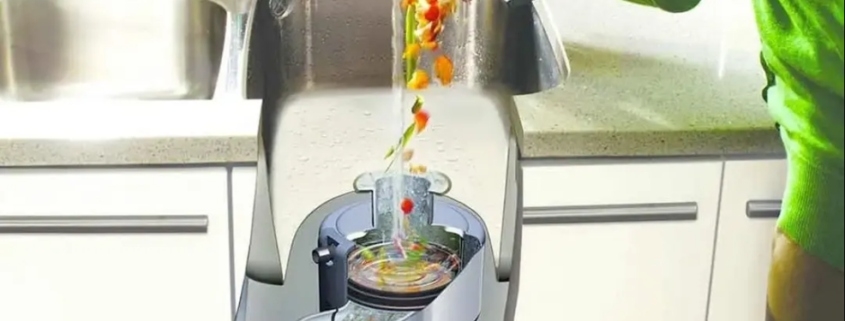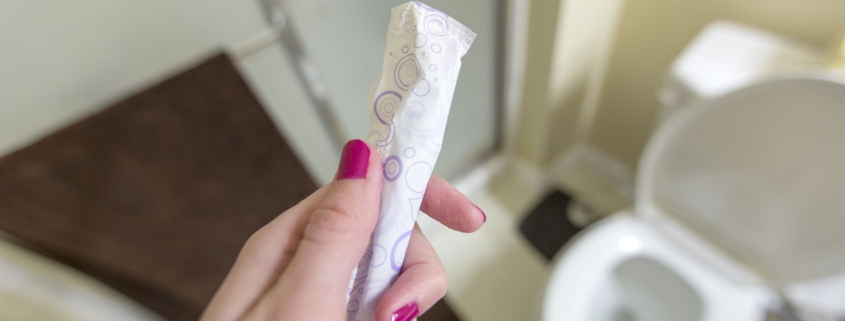Garbage disposals are highly prevalent. The majority of people cannot envision a kitchen sink without one, and in many areas of the world, more households have them than don’t. Sadly, far too many individuals mistreat their waste disposal, which can cause a blockage.
Plumbers can fix malfunctioning garbage disposals. Disposals can sometimes be unsticked, but other times they need to be replaced. Too often, mistakes made by people are to blame. Here are some pointers from knowledgeable plumbers on how to manage and unclog a clogged garbage disposal.
Your garbage disposal system will last longer with proper maintenance:
Garbage disposal repair can be expensive and clogged drains are a huge hassle. Fortunately, most problems with garbage disposals are easily avoidable, and caring for and maintaining garbage disposals is very simple. If you take good care of your garbage disposal, it will take good care of you. Below, we outline the errors you should avoid and the steps you can take to prolong the lifespan of your garbage disposal and reduce the possibility that you’ll need to contact a plumbing or drain cleaning company. Your garbage disposal’s lifespan will be extended by proper care and use, which will also stop plumbing and drain problems.
LOOKING FOR RESIDENTIAL PLUMBING IN ILLINOIS?
CALL NOW (847) 624-3872
Regular Use and Disposal:
Contrary to conventional belief, your garbage disposal should not be used as frequently as other electrical appliances in order to avoid wearing them out. Even if you don’t intend to use the appliance, switch it on at least once every few days and let the blades spin while rinsing them with a little cold water for around 30 seconds. By doing this, you can keep your garbage disposal from jamming and protect the blades from rust or corrosion. Additionally, by operating your appliance on a regular basis, you may prevent any food residues from hardening and generating an uncomfortable clog by flushing them away.
Using Ice, Water, and Citrus Fruits:
While bleach is undoubtedly useful, you should try to refrain from often running harsh chemicals through your waste disposal. Use cold water instead, run the machine at regular intervals, and then add some ice cubes. Or, freeze some vinegar inside the ice cubes for a more powerful DIY technique of cleaning your tool’s blades and pipes. Combine this with salt and baking soda. Chopping up a citrus fruit, like a lemon, and feeding it via your garbage disposal is another incredibly effective cleaning method. The peel should be included because it contains the most acid. If you do, your appliance will continue to operate at its peak performance level and smell fantastic. Use an old toothbrush to clean the rim to complete the cleaning process. If required, use a little soap, otherwise try the household items we just spoke about: vinegar, salt, and baking soda are all highly effective weapons in the fight against a filthy garbage disposal.
Avoid Using Hot Water When Flushing After Use:
Don’t turn off the garbage disposal right away once you’ve finished slicing your leftovers; instead, let the water run for an additional fifteen to twenty seconds. This will assist in flushing away any tenacious food particles that may be sticking to your garbage disposal system’s pipes just out of sight. Even though you might be accustomed to washing your dishes in warm or hot water, a garbage disposal works best with cold water. Food scraps will be softened and melted by hot water, which will make them stick to your disposal system’s pipes and cause clogs.
Cut Your Waste Up:
Avoid taking any chances. For a quick and effective servicing from your appliance, take an extra few seconds to reduce your food waste.
Avoid Using Any Utensils Near the Grinder:
Consider leaving your garbage disposal off until you have cleaned out the kitchen sink if you are worried about non-food objects getting into it.
Never try to pulverize non-perishable food.:
However, resist the urge to put your main course’s meat or bones in the garbage disposal. Doing so can cause your appliance’s blades to get dull and may even cause a blockage if they slip down the pipe. Throw such leftovers, together with any fruit seeds or hard pits, directly into the garbage can. Although sturdy, your garbage disposal is not impenetrable, and it won’t be able to cut through anything that is too little to be caught.
If you find that your garbage disposal is draining improperly or not draining at all, it’s most likely due to a plumbing issue. If you find that your garbage disposal isn’t grinding the waste as well as it should, it might be a case of changing what you put into it.
LOOKING FOR RESIDENTIAL PLUMBING IN ILLINOIS?





